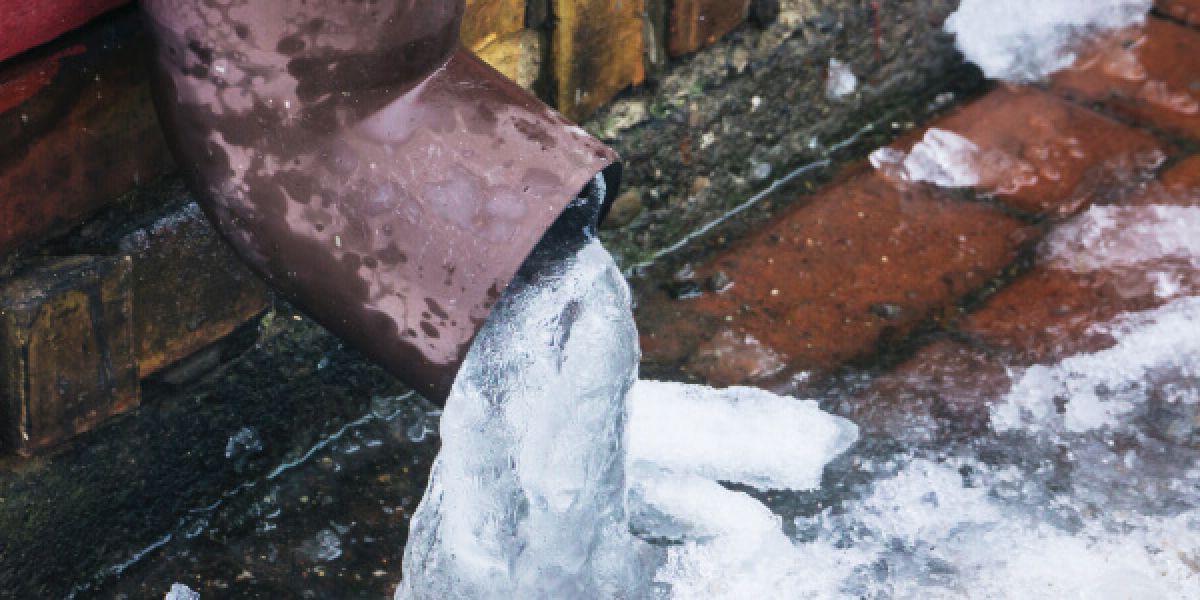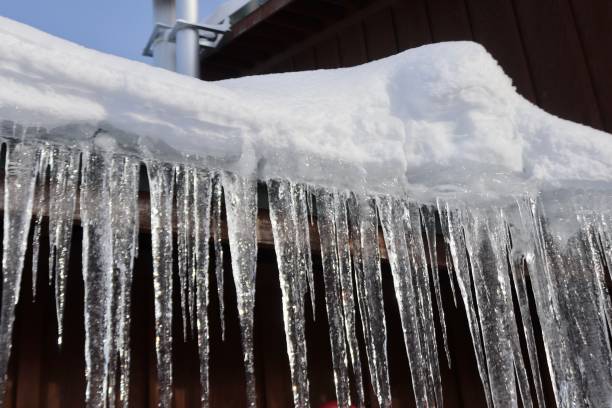Essential Methods for Preventing Frozen Pipes in Winter
Essential Methods for Preventing Frozen Pipes in Winter
Blog Article
Each person seems to have their own individual thinking in relation to Prevent Frozen Pipes .

Winter can wreak havoc on your plumbing, specifically by freezing pipelines. Here's exactly how to stop it from happening and what to do if it does.
Introduction
As temperatures drop, the danger of frozen pipes boosts, possibly bring about costly repair work and water damages. Understanding how to stop frozen pipelines is critical for home owners in cool environments.
Avoidance Tips
Insulating susceptible pipes
Cover pipelines in insulation sleeves or utilize heat tape to shield them from freezing temperatures. Concentrate on pipes in unheated or exterior areas of the home.
Home heating strategies
Maintain indoor areas adequately warmed, specifically locations with pipes. Open up closet doors to enable cozy air to distribute around pipelines under sinks.
Exactly how to recognize icy pipelines
Seek reduced water circulation from faucets, unusual smells or sounds from pipelines, and noticeable frost on exposed pipelines.
Long-Term Solutions
Structural changes
Take into consideration rerouting pipelines away from outside walls or unheated locations. Include additional insulation to attic rooms, basements, and crawl spaces.
Updating insulation
Buy top quality insulation for pipes, attics, and walls. Correct insulation aids keep regular temperatures and reduces the danger of icy pipelines.
Safeguarding Outside Pipes
Garden hoses and exterior faucets
Separate and drain pipes yard pipes prior to wintertime. Install frost-proof spigots or cover outdoor faucets with shielded caps.
Recognizing Frozen Pipes
What causes pipes to freeze?
Pipes freeze when exposed to temperatures below 32 ° F (0 ° C) for prolonged durations. As water inside the pipelines freezes, it expands, putting pressure on the pipe wall surfaces and possibly creating them to burst.
Threats and problems
Icy pipelines can bring about water disturbances, residential or commercial property damage, and expensive repair services. Burst pipelines can flood homes and trigger considerable structural damage.
Indications of Frozen Pipes
Recognizing icy pipes early can prevent them from rupturing.
What to Do If Your Pipes Freeze
Immediate actions to take
If you think icy pipelines, keep faucets available to eliminate pressure as the ice thaws. Use a hairdryer or towels soaked in hot water to thaw pipes gradually.
Final thought
Stopping frozen pipelines requires proactive procedures and fast feedbacks. By understanding the causes, indicators, and preventive measures, homeowners can secure their plumbing during winter.
6 Proven Ways to Prevent Frozen Pipes and Protect Your Home
Disconnect and Drain Garden Hoses
Before winter arrives, start by disconnecting your garden hoses and draining any remaining water. Close the shut-off valves that supply outdoor hose bibs and leave the outdoor faucet open to allow any residual water to drain. For extra protection, consider using faucet covers throughout the colder months. It’s also important to drain water from any sprinkler supply lines following the manufacturer’s directions.
Insulate Exposed Pipes
Insulating your pipes is an effective way to prevent freezing. Pipe insulation is readily available at home improvement stores and is relatively inexpensive. Pay close attention to pipes in unheated areas such as the attic, basement, crawl spaces, or garage. Apply foam insulation generously to create a buffer against the cold. You can also wrap your pipes in heat tape or thermostat-controlled heat cables for added warmth.
Seal Air Leaks
Inspect your home for any cracks or openings that could let in cold air. Seal any holes around the piping in interior or exterior walls, as well as the sill plates where your home rests on its foundation. Additionally, make sure to keep your garage door closed unless you’re entering or exiting. Leaving it open creates a significant air leak that can lead to frozen pipes.
Allow Warm Air Circulation
During cold snaps, it’s essential to allow warm air to circulate evenly throughout your home. Leave interior doors ajar to promote better airflow. Open kitchen and bathroom cabinets to help distribute heat consistently around the rooms. If you have small children or pets, be sure to remove any household chemicals or potentially harmful cleaners from open cabinets for safety.
Let Faucets Drip
A small trickle of water can make a big difference in preventing ice formation inside your pipes. When temperatures drop significantly, start a drip of water from all faucets served by exposed pipes. This continuous flow helps prevent the water from freezing. Additionally, running a few faucets slightly can relieve pressure inside the pipes, reducing the chances of a rupture if the water inside does freeze.
https://choateshvac.com/6-proven-ways-to-prevent-frozen-pipes-and-protect-your-home/

I am very curious about Helpful Tips to Prevent Frozen Pipes this Winter and I am praying you liked my piece. Do you know about anybody else who is occupied with the niche? Feel free to share it. Bless you for your time. Don't hesitate to check our website back soon.
Call Today Report this page